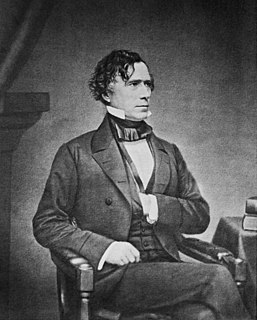A Quote by Kevin McCarthy
It's not easy for the average family to ensure that their child receives a quality education. And the federal government is not making it any easier.
Related Quotes
Imagine if you had genuine, high-quality early-childhood education for every child, and suddenly every black child in America - but also every poor white child or Latino [child], but just stick with every black child in America - is getting a really good education. And they're graduating from high school at the same rates that whites are, and they are going to college at the same rates that whites are, and they are able to afford college at the same rates because the government has universal programs. So now they're all graduating.
But did the Founding Fathers ever intend for the federal government to involve itself in education, health care or retirement benefits? The answer, quite clearly, is no. The Constitution, in Article I, Section 8 - which contains the general welfare clause - seeks to restrain federal government, not expand it.
The constitutionality and propriety of the Federal Government assuming to enter into a novel and vast field of legislation, namely, that of providing for the care and support of all those ... who by any form of calamity become fit objects of public philanthropy. ... I cannot find any authority in the Constitution for making the Federal Government the great almoner of public charity throughout the United States. To do so would, in my judgment, be contrary to the letter and spirit of the Constitution and subversive of the whole theory upon which the Union of these States is founded.
To ensure that Singaporeans can take advantage of opportunities, the government should continue to monitor carefully the proportion of foreign students in our education institutions to ensure that the proportion matches the present and future needs of the country, and the Singaporeans are the main beneficiaries of our education policy.


































